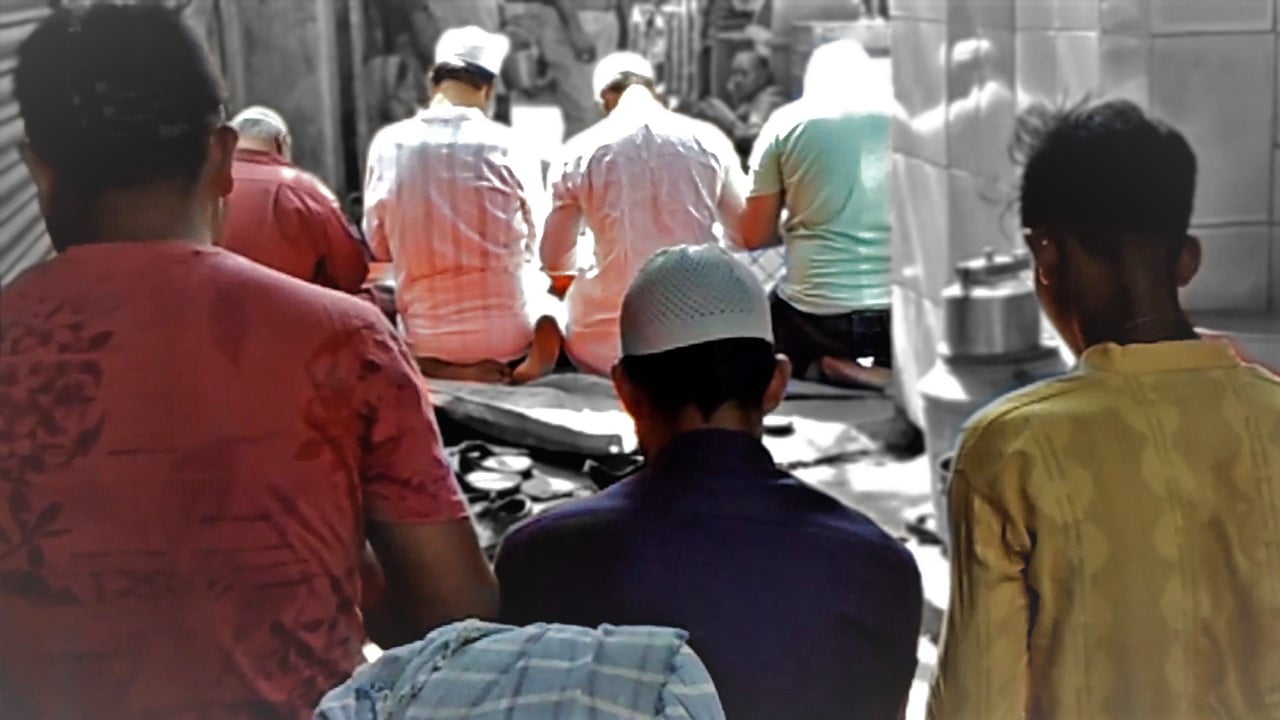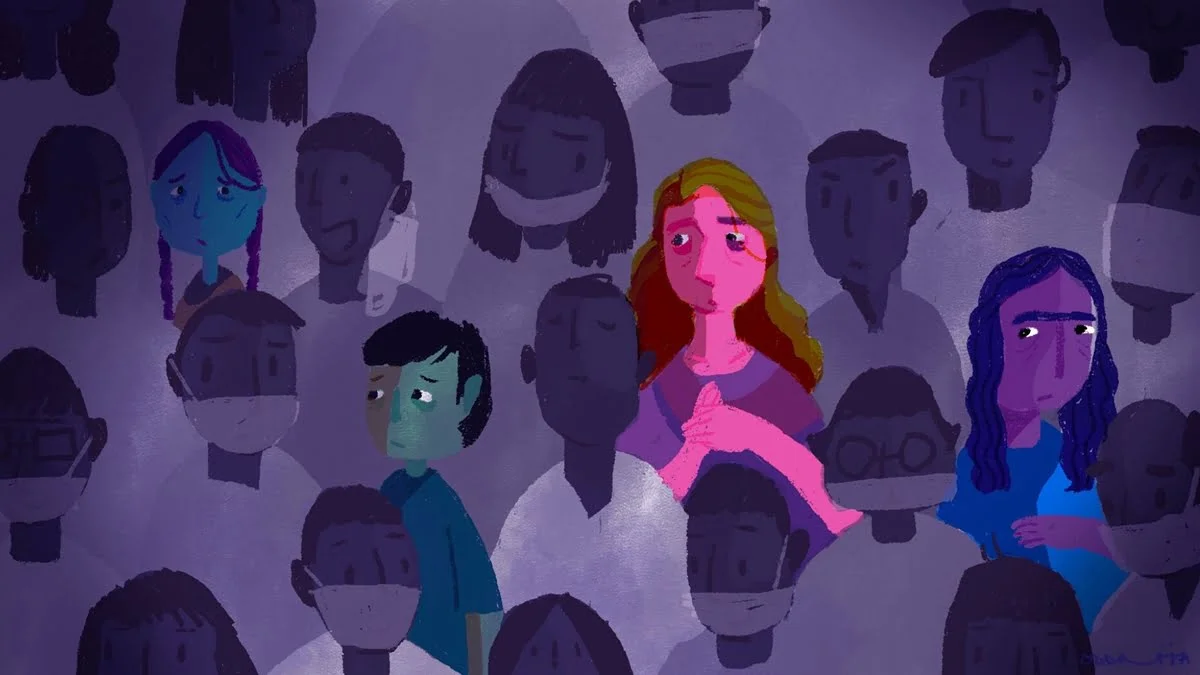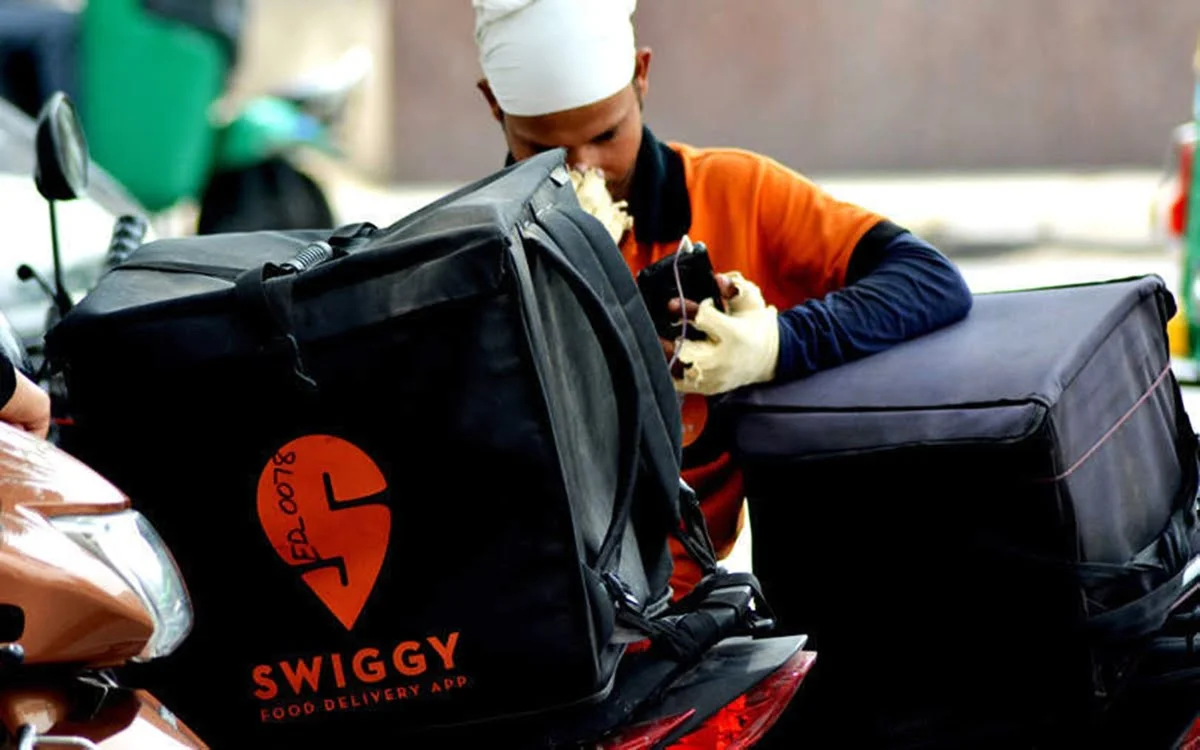The bill to criminalise a patriarchal practice is waiting for Rajya Sabha’s approval. Even if passed, the questions of whether it guarantees protection to women remain up for debate.
Earlier in 2018, the Supreme Court passed a judgement that declared the practice of Triple Talaq – a practice within Muslim communities that allows a husband to divorce his wife by saying Talaq three times – as illegal and unconstitutional. The practice, also known as Talaq-e-bidat is banned in most Muslim countries including Saudi Arabia and Pakistan.
In India the fight was spearheaded by Shayara Bano, who was divorced through a letter posted to her with the words, “talaq, talaq, talaq“, in October 2015. In the marriage, she was forced to undergo around six or seven abortions, apart from being physically and mentally harassed. Shayara took her case to court to fight against the practices of Triple Talaq, polygamy and the practice whereby a woman must marry someone else, and consummate that marriage in order to remarry her first husband.
the questions of whether the triple talaq bill guarantees protection to women remain up for debate.
If passed, The Muslim Women (Protection of Rights on Marriage Bill 2017), will make Triple Talaq a criminal offence, where the husband can be jailed for three years with no bail. The passing of the bill in the Lok Sabha has been anything but unanimous. It has been opposed by several parties that include Muslim women scattered around the country, and the All India Muslim Personal Law Board (AIMPLB). Community Correspondent Rebeka Parvin did a spot check in the North 24 Pargana district of West Bengal to gauge people’s thoughts about the bill.
More than anything, it is the criminal nature of the bill that has been brought into question. In an article titled, ‘Need for reconsideration of the triple talaq bill’, Live Law wrote, “The Bill is proving to be highly discriminatory against Muslim men because in such cases, Muslim husband will be prosecuted even without his wife’s assent for pronouncing Triple Talaq, whereas a Hindu man who rapes his wife while they are separated won’t be prosecuted until his estranged wife agrees.”
Noorjehan Safia Niaz, co-founder of the Bhartiya Muslim Mahila Andolan, and one of the petitioners against the practice, says that the bill should be made cognizable, bailable and with one year in jail term. More than that, however, she is rallying for the codification of Muslim personal laws. Her argument, and rightly so, is that personal laws of minority communities in India, and the majority Hindu community, are codified, except for the Muslim personal law. If these laws are codified, then it will allow women to seek justice in court rather than from their local Qazi, who are mostly men and most probably of a patriarchal mindset, and so may not necessarily help in supporting a distressed woman whose husband may have multiple wives, for example.
The practice, also known as Talaq-e-bidat is banned in most Muslim countries including Saudi Arabia and Pakistan.
The problem, however, also goes beyond the law – as Rebeka’s video shows, even if a law exists, people may not know about it and so continue to participate in illegal practices at home. Currently while the bill waits for Rajya Sabha’s approval, the contention around the bill is whether it will stay true to its name and protect the rights of women.
Also read: After Triple Talaq, Can We Tackle Polygamy Please?
Video by Community Correspondent Rebeka Parvin and article by Shreya Kalra, a member of the Video Volunteers Editorial Team
About the author(s)
Video Volunteers is a community media organisation that identifies, trains and empowers rural and marginalised people to make films, show the world their reality, assert their rights and become drivers of change. We work across 16 states with over 200 Community Corespondents 63 of whom exclusively work on reporting and taking action on everyday instances of patriarchal discrimination.




